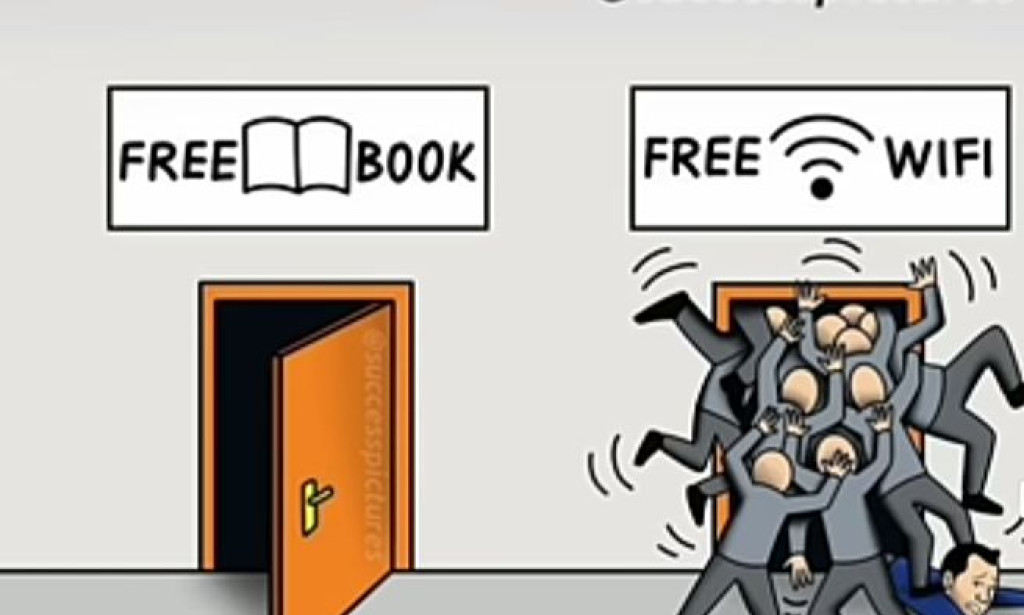The lives of young individuals today are being shaped by a combination of technological, cultural, economic, and societal factors. Here are some key influences:
1. Technological Advancements:
Digital Natives: Young people are growing up in an increasingly digital world, where smartphones, social media, and constant connectivity have become the norm. This affects how they interact with others, consume information, and entertain themselves.
Online Learning and Work: The rise of digital platforms has changed education, with online courses, remote learning, and hybrid work environments becoming common. This flexibility allows young individuals to access a broader range of opportunities but also brings challenges such as balancing distractions and maintaining motivation.
2. Social Media and Identity:
Self-Expression and Community: Social media allows young people to build their identities, connect with others, and express their views publicly. However, it can also create pressure to conform to idealized standards of beauty, success, or lifestyle, impacting self-esteem.
Influence of Online Communities: Many young individuals find support and camaraderie in online communities centered around interests, hobbies, or causes. These virtual spaces can foster a sense of belonging but also expose individuals to harmful content or cyberbullying.
3. Mental Health Awareness:
Increased Focus on Mental Well-being: Mental health has become a prominent topic, with more young individuals acknowledging challenges like anxiety, depression, and stress. The constant influx of information and societal expectations often intensifies these feelings, but awareness and de-stigmatization efforts are growing.
Access to Support: More young people are seeking therapy and support networks, either online or in person, to manage their mental health. Apps and resources for mindfulness, meditation, and therapy are becoming widely used.
4. Economic Challenges:
Financial Struggles: Rising costs of education, housing, and living expenses are putting financial pressure on young people. Many are delaying traditional life milestones like buying a home or starting a family due to economic barriers.
Gig Economy and Job Insecurity: Young people are increasingly entering the gig economy, taking on freelance or short-term jobs. While this offers flexibility, it can lead to job insecurity and a lack of long-term financial stability.
5. Global Issues and Activism:
Environmental Concerns: Climate change and sustainability have become central to many young people's lives. Activism, led by figures like Greta Thunberg, shows how young generations are pushing for immediate action on environmental issues.
Social Justice Movements: Movements such as Black Lives Matter and campaigns for LGBTQ+ rights resonate deeply with many young individuals. They are more likely to challenge traditional norms and advocate for inclusivity, equality, and justice.
6. Global Connectivity and Cultural Exchange:
Access to Global Perspectives: With easy access to the internet, young people can learn from diverse cultures and viewpoints, broadening their horizons and shaping their worldviews. This global interconnectedness has fostered more awareness of international issues like poverty, human rights, and global conflict.
Cultural Shifts: Young individuals today are more likely to embrace diversity and progressive values. They are challenging societal norms around gender, sexuality, and identity, and striving for greater inclusivity.
7. Shifting Values and Expectations:
Redefining Success: Unlike previous generations, many young people prioritize personal fulfillment, work-life balance, and passion over traditional markers of success like wealth or status. They are more likely to seek careers that align with their values and interests.
Changing Social Norms: Marriage, homeownership, and family structures are evolving. More young people are waiting longer to marry or have children, or opting for non-traditional family dynamics, reflecting shifts in social expectations and individual autonomy.
8. Technological Dependence and Automation:
Artificial Intelligence and Automation: As AI and automation change industries, young people may face new job opportunities, but also new challenges, as some traditional job roles may disappear. Many are pursuing careers in tech and innovation fields to stay competitive.
Impact on Education and Learning: The constant access to information online has transformed education, making learning more self-directed and personalized. However, it also requires young people to develop new skills in managing information overload and critical thinking.
In essence, young individuals today are navigating an environment that is fast-paced, digital, and interconnected, where traditional systems and expectations are rapidly evolving. While they face challenges like economic uncertainty, mental health concerns, and societal pressures, they also benefit from unprecedented access to knowledge, opportunities for self-expression, and the ability to influence change on a global scale.

Good work
Nice work
Nice
Great
nice
Great
You must be logged in to post a comment.